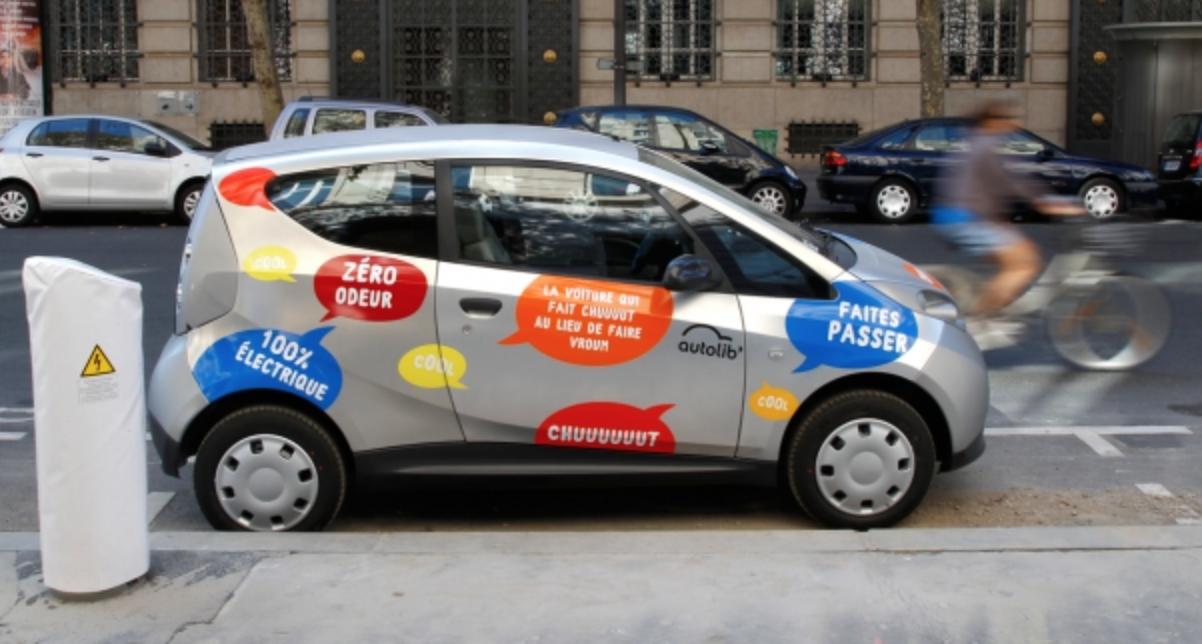Readers might know Michel Maffesoli, the French sociologist famous for having been the PhD advisor of a socialite seer, Elizabeth Teissier (who did produce an astrological Ph.D). Maffesoli is the herald of a brand of postmodern, non-empirical sociology mixed with esoteric and masonic references. He was a student of Gilbert Durand (who himself was a promoter of academic astrology) and of far-right political scientist Julien Freund. But he was also full professor in one of the most important sociology department in France (at the Université Paris 5). And after the Teissier affair, he has been selected by several ministers of Higher Education to be a member of the Administrative Council of the CNRS, and to be a member of the prestigious *Institut Universitaire de France*. His colleagues and peers at the IUF awarded him the highest professorial rank (“Classe exceptionnelle”). He is the PhD advisor of more than 130 students (seriously, you can check the number on www.theses.fr). He is the Editor of two journals, *Sociétés* (published by De Boeck, a respectable academic press) and *Les cahiers européens de l’imaginaires* (published by the CNRS).
It has always been difficult to understand the coexistence of the deep contempt of mainstream French sociologists for Maffesoli (he is widely denigrated as a fraud) and of his academic and more wordly successes. One could point to his friendly acquaintance with post-gaullist politicians and to his masonic affiliations, as well as other forms of network connection, but that would not be a full explanation. Recently, Manuel Quinon and Arnaud Saint-Martin, two French sociologists, decided to “Sokal” the Maffesolian band of sociology. Adopting a pseudonym, they wrote an article in postmodern language submitted it to *Sociétés*. They wrote some gobbledegook and *Sociétés* very rapidly decided to publish it as “Automobilités postmodernes: quand l’Autolib’ fait sensation à Paris.”

The article is about the Autolib, an electric car rental service available on a subscription basis in Paris.
In the article, the “transgender” Autolib is described as the turning point for the modern *episteme*, as the return to the protection of the primordial matrix, and so on. Being well-versed in maffesolese, they know that “modern” is bad, faustian, promethean, and that “postmodern” is good, comforting and dyonisian. In less than 10 pages, they use half a dozen languages: French, English, German, Latin, Greek (in Greek and Latin alphabets), and various typographic affectations (italics, parentheses, slashes in the middle of words). The vocabulary is often complex—”glyschomorphous”, “phallogocentric”, “diairetico-schizomorphous”—but lacking any particular definition. At the center of the article lies a pun. “Essence”, in French, is both essence (as in essential), and gasoline (as in oil). Thus our fictional author writes that the Autolib is “an open car, but not in essence because it is an electric car”. They also insist that postmodernity is “gaseous”, because Zygmunt Bauman’s modernity is “liquid”. The Autolib reveals itself in conclusion as the origin of a “new directing myth for a new epoch (postmodernity)”.
One month after the publication of their article Saint-Martin and Quinon disclosed their hoax in a long article Le maffesolisme, une sociologie en roue libre : Maffesolism, a freewheeling sociology, where they describe the planning of their article, the swift “evaluation” process and their goal (the ultimate academic destruction of Maffesoland). But their article is also a comprehensive and thorough analysis of Maffesoli’s texts and metaphysics. It is on the basis of this analysis that they have written their pastiche, which is, in some respects, better than what Maffesoli and his students write themselves.